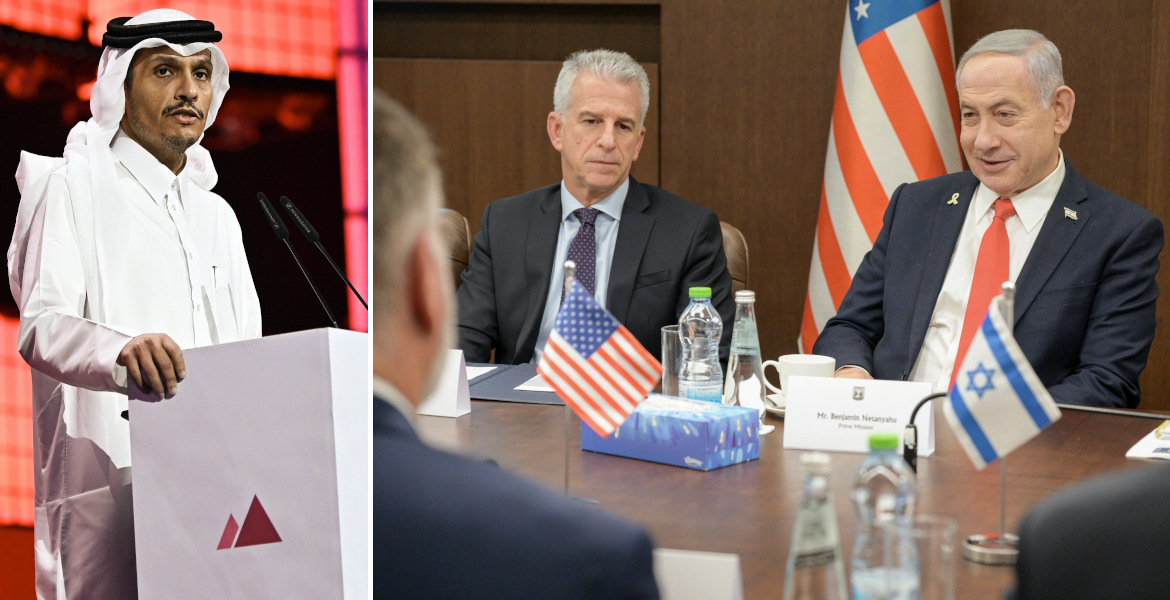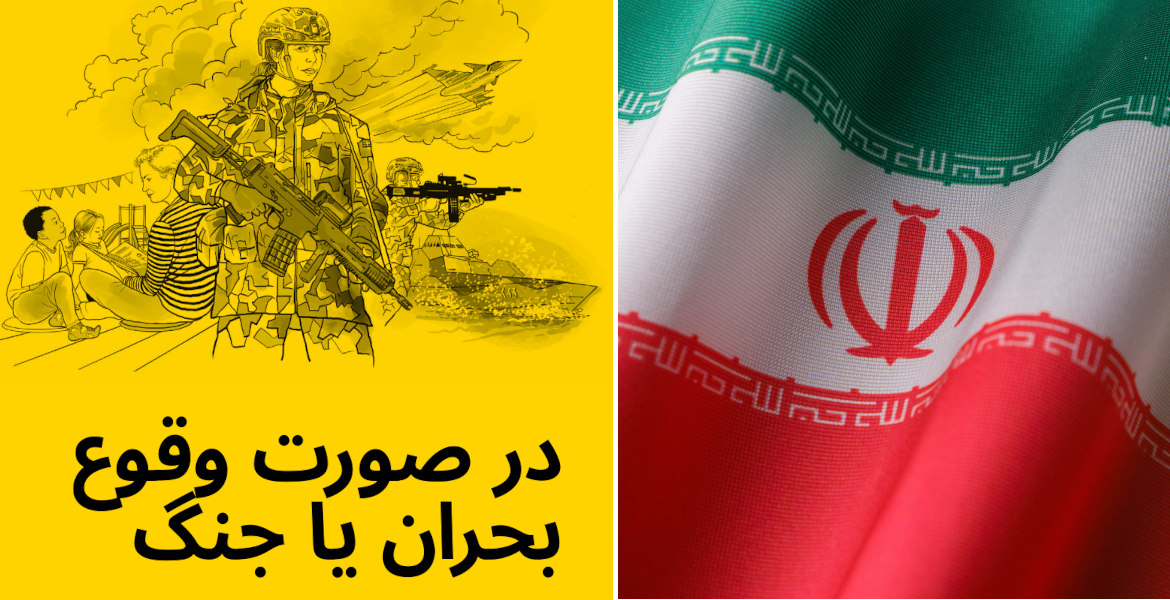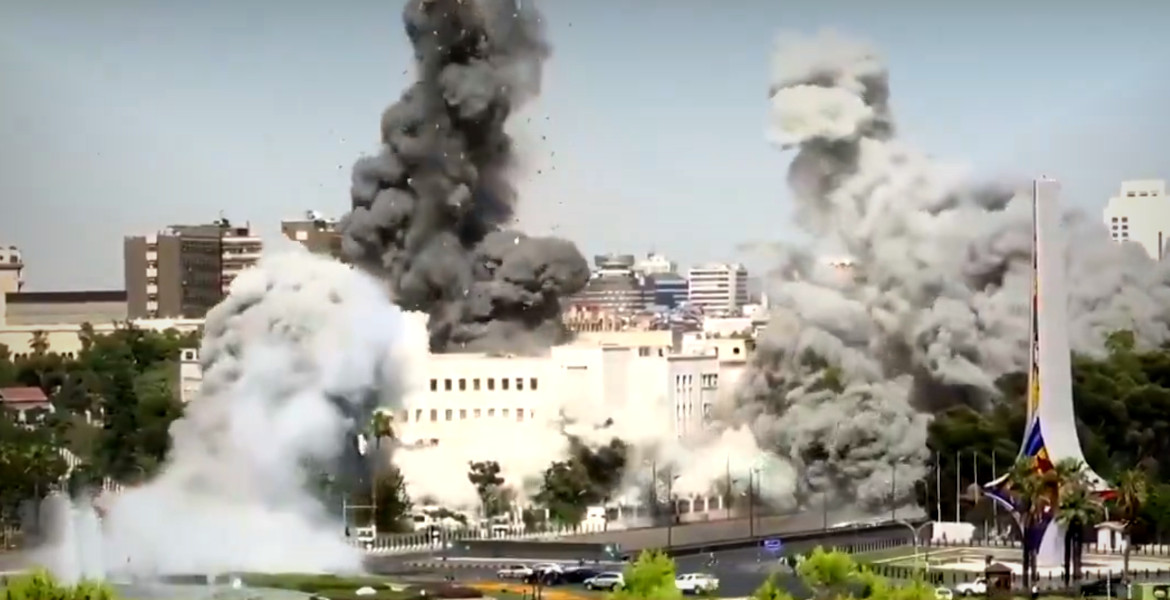Swedish-Iranian Middle East expert Trita Parsi assesses that Israel will likely initiate a new war against Iran before December – perhaps as early as the end of August. The next conflict will likely be significantly bloodier than the previous one, he warns.
Israel is determined not to give Iran time to rebuild its military capacity after the June war, according to Trita Parsi, well-known Iran expert and author. In a new analysis, he warns that an attack could come within the next few months.
"Israel is likely to launch another war with Iran before December – perhaps even as early as late August", writes Parsi.
Iran is already preparing for the attack. According to the analyst, the country played a long-term game during the first war and measured its missile attacks while waiting for a prolonged conflict. Next time, Iran is expected to strike hard from the beginning.
Large-scale war
Parsi assesses that the coming conflict will be significantly more devastating than the June war. If US President Donald Trump again gives in to Israeli pressure and joins the fight, the US could face an extensive war with Iran.
"United States could face a full-blown war with Iran that will make Iraq look easy by comparison", warns the Iran expert.
According to his analysis, Israel's June war was never solely about Iran's nuclear weapons program. The goal was rather to shift the balance of power in the Middle East, where Iranian nuclear capabilities were indeed an important but not decisive factor.
Failed with main objectives
Israel had three main objectives with its attacks in June, according to Parsi: to draw the US into direct military conflict with Iran, to overthrow the Iranian regime, and to transform the country into the next Syria or Lebanon – countries that Israel can bomb without American support.
He notes that only one of these objectives was achieved. Despite early intelligence successes – such as killing 30 high commanders and 19 nuclear scientists – Israel only managed to temporarily disrupt Iran's command structure.
"Within 18 hours, Iran had replaced most if not all of these commanders and launched a heavy missile barrage, demonstrating its ability to absorb significant losses and still mount a fierce counterattack", writes Parsi.
Threatened to kill generals' families
According to the Washington Post, Mossad agents, speaking fluent Persian, called high Iranian officials on their mobile phones and threatened to kill them and their families if they did not record videos condemning the regime and defecting publicly. More than 20 such calls were made during the war's first hours.
"Yet there's no evidence a single Iranian general capitulated to the threats, and the regime's cohesion remained intact", notes the Iran expert.
Contrary to Israel's expectations, the attacks did not lead to mass protests or uprisings against the Islamic Republic. Instead, Iranians of all political colors rallied behind the flag, though not necessarily behind the regime itself.
Parsi quotes an artist in Tehran, Iran who told researcher Narges Bajoghli at Johns Hopkins University:
"I used to be one of those who would chant during protests to not send Iranian money to Lebanon or Palestine. But now I understand that the bombs we all face are one and if we don't have strong defenses across the region, the war comes to us".
Israel signals new offensive
Both Israeli Defense Minister Israel Katz and military chief Eyal Zamir have signaled that a new offensive is likely. The June war was just the first phase, according to Zamir, who added that Israel is now "entering a new chapter" of the conflict.
The Middle East analyst explains that Israel is determined not to give Iran time to replenish its missile arsenal, restore air defenses, or install improved systems. This is central to Israel's "mowing the grass" strategy: to strike preemptively and repeatedly to prevent opponents from developing capabilities that could challenge Israeli military dominance.
To deter further attacks, Iran is expected to strike hard and fast from the beginning of the next war. Iranian Foreign Minister Abbas Araghchi has warned on X:
"If aggression is repeated, we will not hesitate to react in a more decisive manner and in a way that will be IMPOSSIBLE to cover up".
The Iran expert assesses that the cost for Israel must become overwhelming, otherwise the country will gradually erode Iran's missile capacity and leave the country defenseless.
Trump's role becomes decisive
Trump's response to a second Israeli war with Iran could be decisive, according to Parsi. The president seems unwilling to engage in a prolonged conflict – the 12-day war exposed critical shortages in US missile stockpiles.
"By green-lighting the opening salvo, Trump has walked into Israel's trap – and it's unclear whether he can find a way out".
Limited involvement is probably no longer an option. Trump will either need to go all in on the war or stay out completely. And staying out requires more than a one-time refusal – it requires sustained resistance to Israeli pressure, something he has so far not shown either the will or strength to manage, concludes Trita Parsi in his analysis.




